On 18 June, the CCCB hosted the closing ceremony of the programme, which offered an intense schedule of debates, artistic activities and meetings open to the public over the course of five months. These events aimed to explore how science will transform the world in the coming decades.
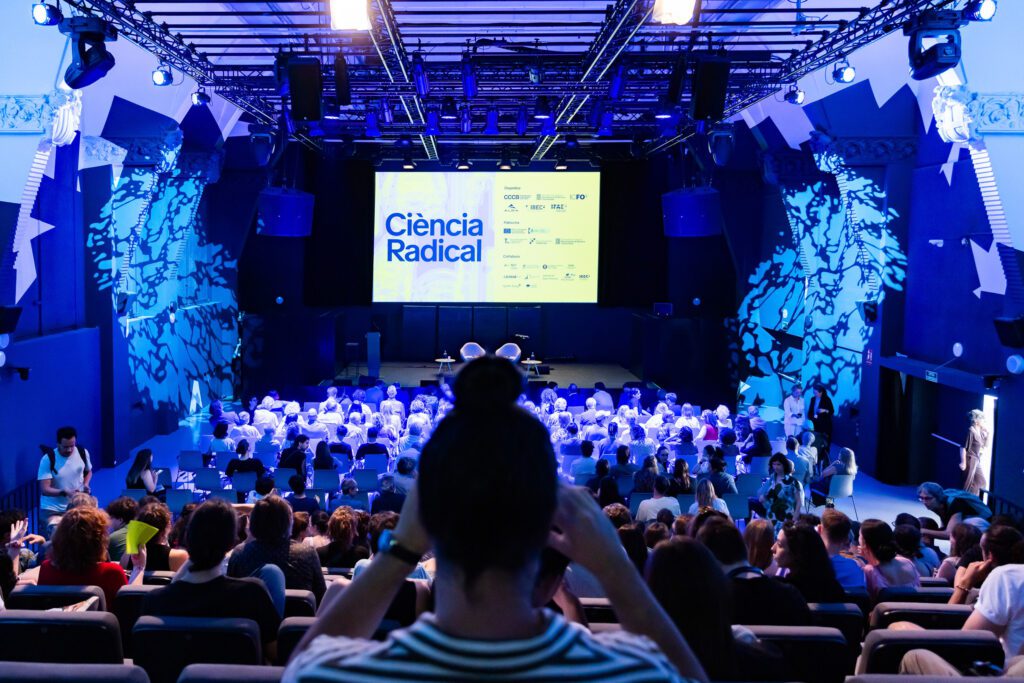
The Radical Science programme concluded with a multidisciplinary closing session at the CCCB on 18 June, successfully combining cutting-edge science with the humanities and the arts. Since January, the project, co-organised by the Centre for Contemporary Culture of Barcelona (CCCB) and four of Catalonia’s leading research centres — the Institute for Bioengineering of Catalonia (IBEC), the Institute of Photonic Sciences (ICFO), the Institute for High Energy Physics (IFAE) and the ALBA Synchrotron — has offered an intense schedule of debates, artistic activities and meetings open to the public, exploring how science will transform the world in the coming decades.
IBEC played a prominent role throughout the programme, coordinating activities linked to the Complementary Plan for Biotechnology Applied to Health. This is one of four Complementary Plans led by Catalonia that collaborate in Radical Science. As part of the programme, IBEC has organised important discussions such as ‘Editing Humanity: Genetic Engineering and Personalised Medicine‘, and hosted Mireia Casanyes as part of the poetry residency programme at the four research centres. This resulted in the poetry collection Magmes.
A final dialogue between science and literature
The final debate session took place last Thursday, bringing together Josep Samitier (director of IBEC and scientific coordinator of the Complementary Plan for Biotechnology Applied to Health) and Jorge Volpi (writer). The dialogue focused on the latest developments in precision medicine, neuroscience and biotechnology, and their impact on mental health, personal identity and social inequalities. Samitier emphasised that “personalised medicine enables us to gain a better understanding of the causes of disease and to provide bespoke treatment for each individual”, while Volpi advocated a return to a patient-centred approach to medicine.
Both speakers agreed that the future of health is inextricably linked to the environment. Samitier defended the One Health approach, which recognises that human health depends on planetary health, and that ecological alterations impact collective well-being. They also emphasised the need to ensure equitable access to biotechnology, raising ethical questions about the future of medicine: is it only about curing, or also about improving and prolonging life, or even seeking immortality?
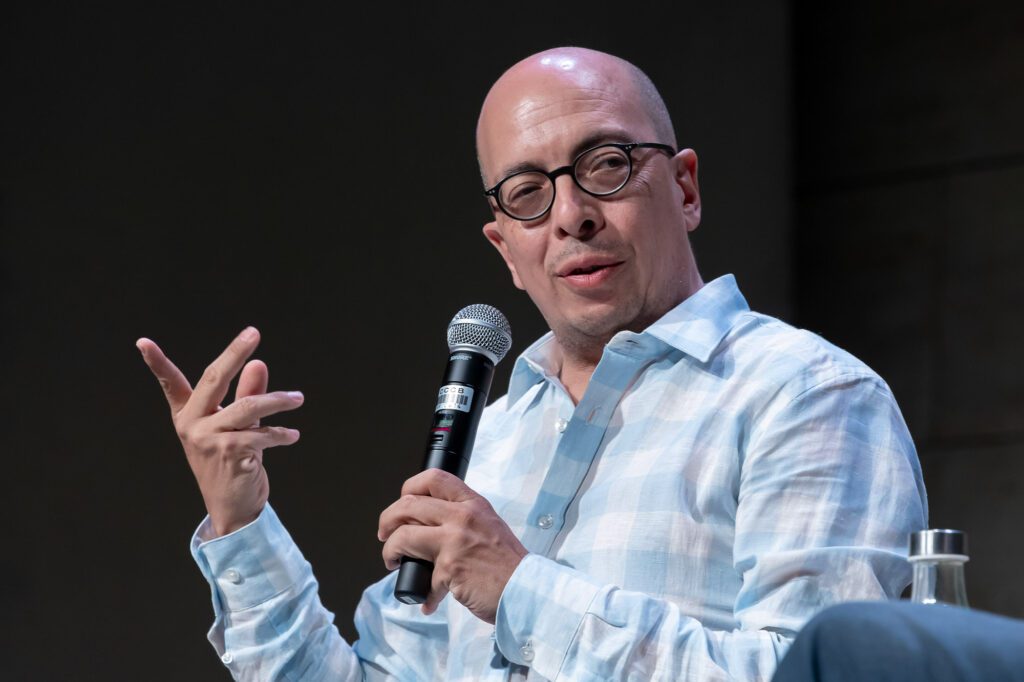
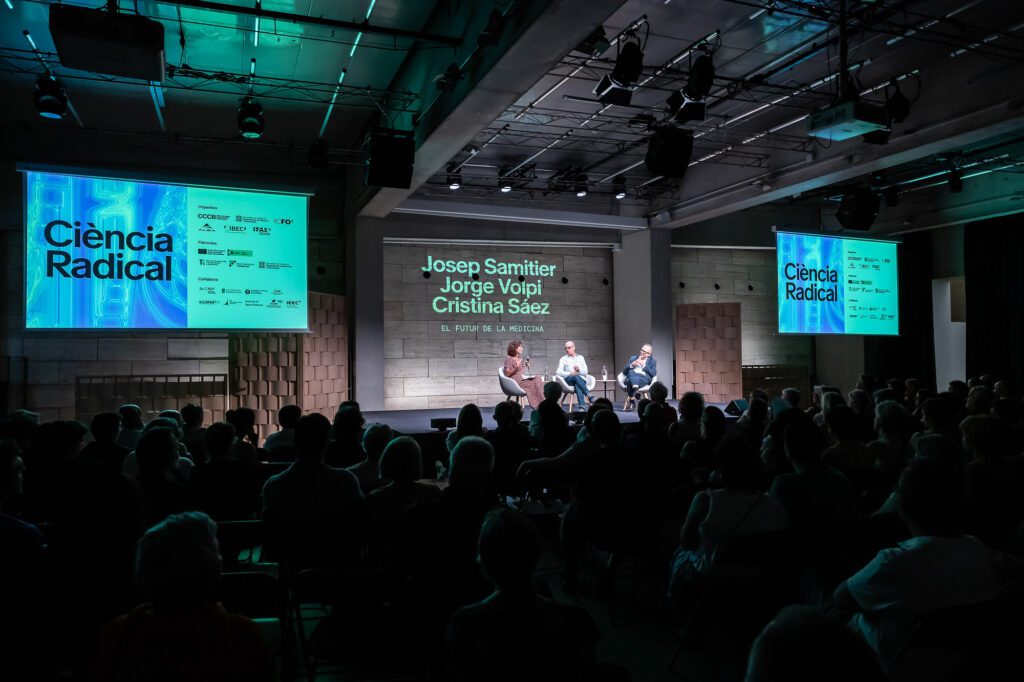
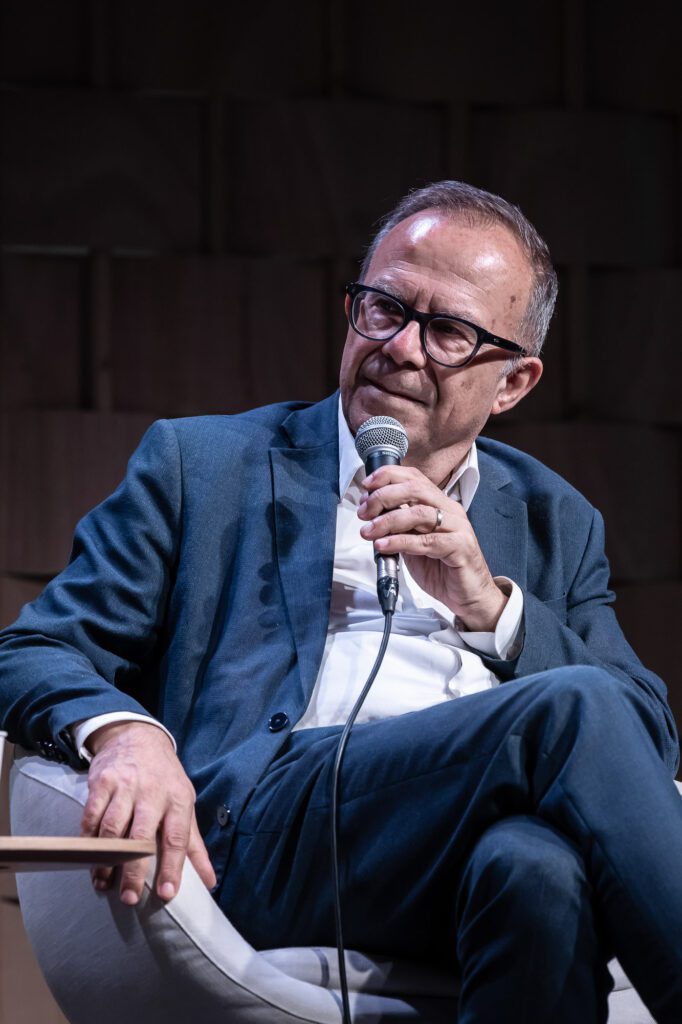
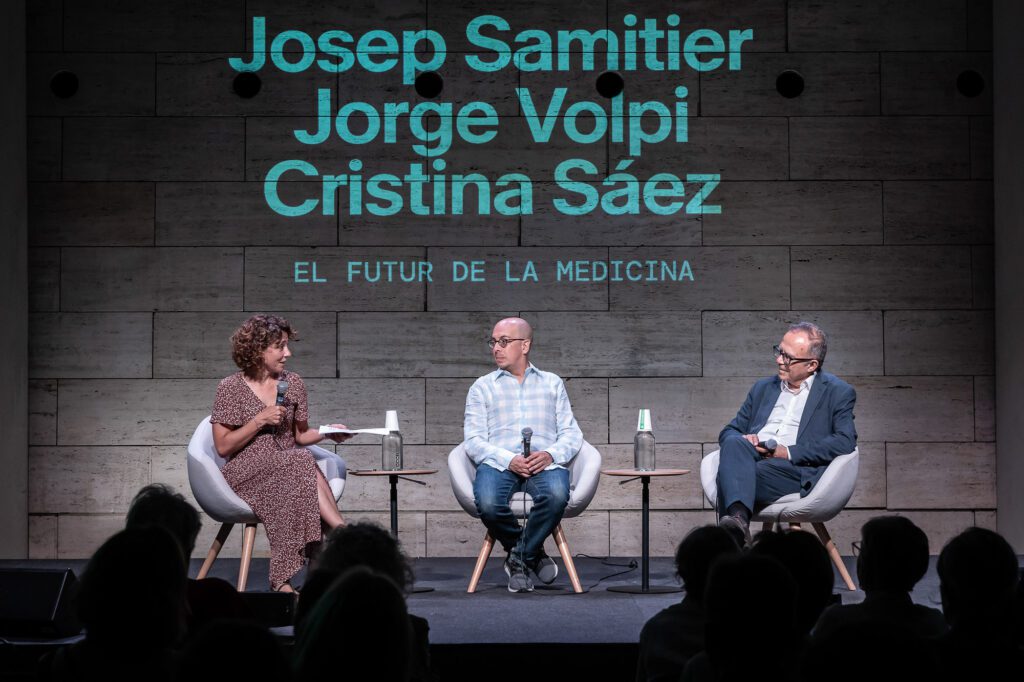
Link to the video: https://www.cccb.org/ca/multimedia/videos/josep-samitier-i-jorge-volpi/248128
The series began weeks earlier with an initial debate on gene therapy featuring Katherine A. High, a physician and researcher who is a pioneer in the topic, and Salvador Macip, a scientist, science communicator and professor at the University of Leicester. Moderated by journalist Núria Jar, the meeting provided an opportunity to reflect on the present and future of gene editing. High reviewed the achievements made since the first gene therapy intervention in humans in 1990 up to current treatments: “It is a one-time intervention that can transform a patient’s situation, reducing their reliance on healthcare,” she said.
For his part, Macip highlighted how tools such as CRISPR have democratised access to gene editing, and stressed the importance of addressing its ethical and social implications. ‘Technology is never good or bad in itself; it all depends on how it is used,’ he said.
A closing ceremony for all the senses
Held on Wednesday 18 June, the closing session combined science, art and poetry. The audiovisual presentation Radical Science, directed by Hamill Industries and featuring original music by Maria Arnal, premiered at the event. This visual and auditory journey takes us from the macroscopic universe to the subatomic world and is based on real images filmed at the participating research centres.
Next, science historian Naomi Oreskes (Harvard University) gave a lecture on the importance of science in a world plagued by misinformation. ‘Science makes those in power uncomfortable,’ she said, warning that ‘lies spread faster than the truth, which is why we need scientists who communicate better and more informed citizens’. Oreskes defended the active role of science in combatting information manipulation, and emphasised the importance of institutions such as museums in fostering critical thinking.
The day concluded with a poetry recital featuring the four artists who completed poetry residencies at the two research centres: Mireia Casanyes, Anna Aguilar-Amat, Lluís Calvo and Pol Vouillamoz, accompanied by music from Nara Is Neus. The poetry collection En el mundo de islas vibrantes (In the world of vibrant islands), inspired by Casanyes’ time at IBEC, brings together poems engaging with biological concepts such as organoids, lysosomes and Janus micelles.
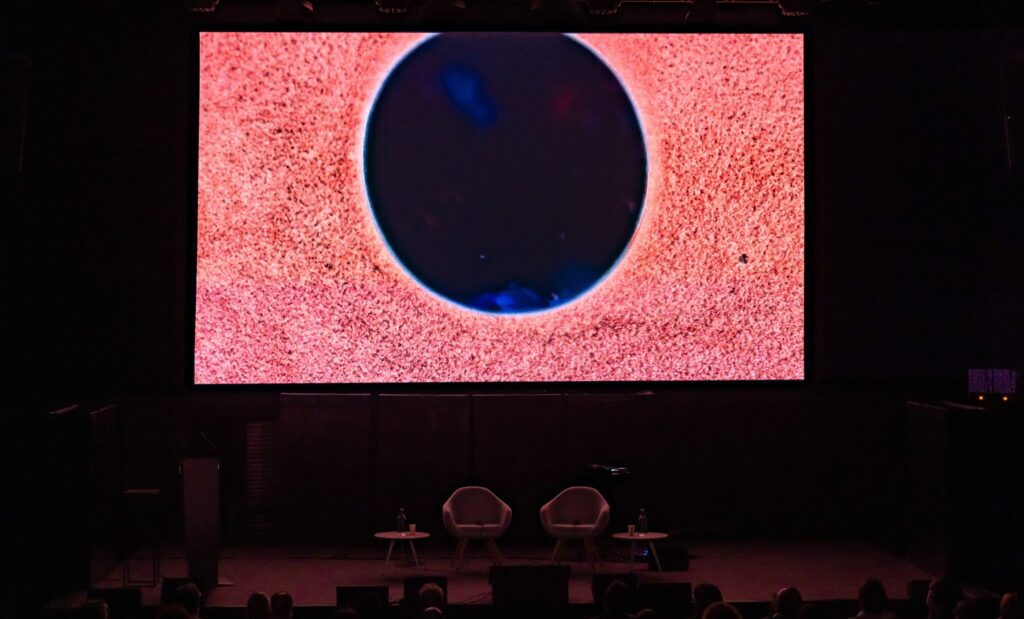
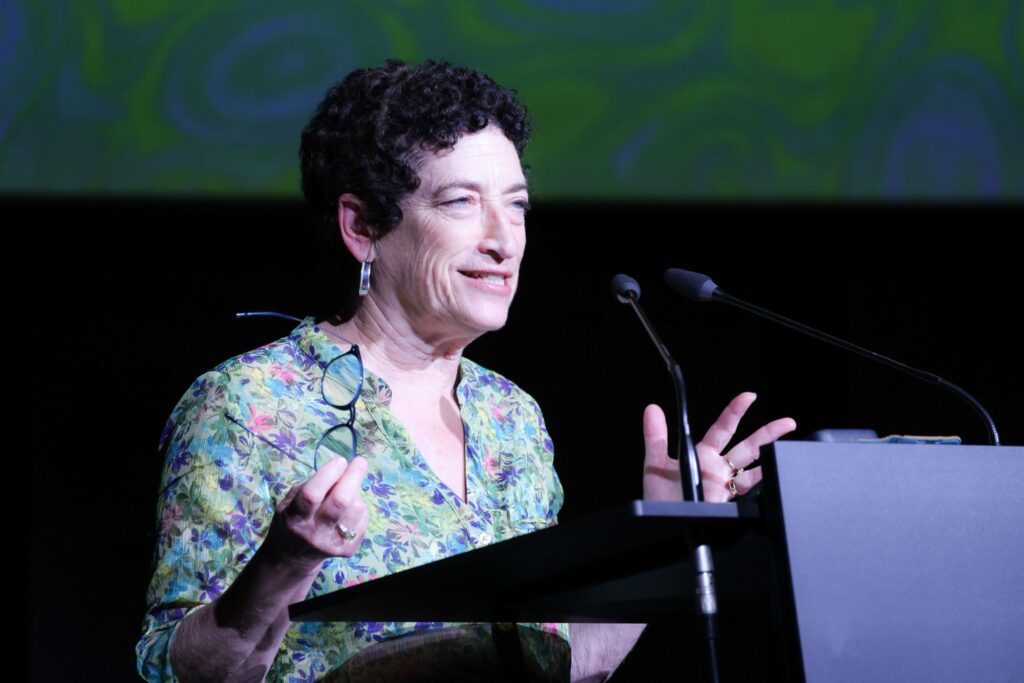
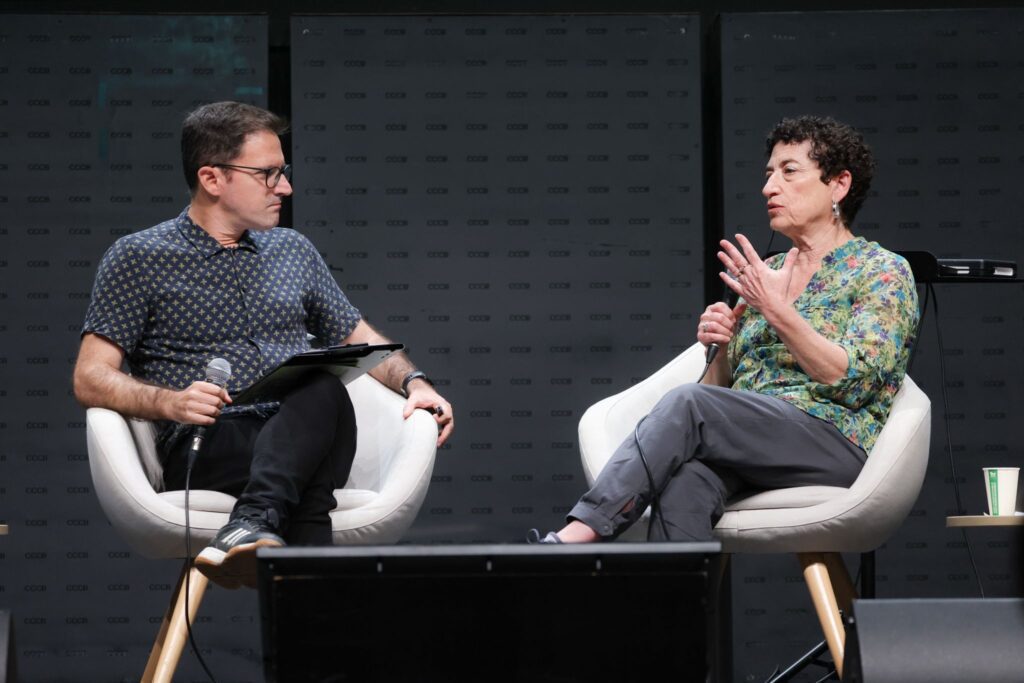
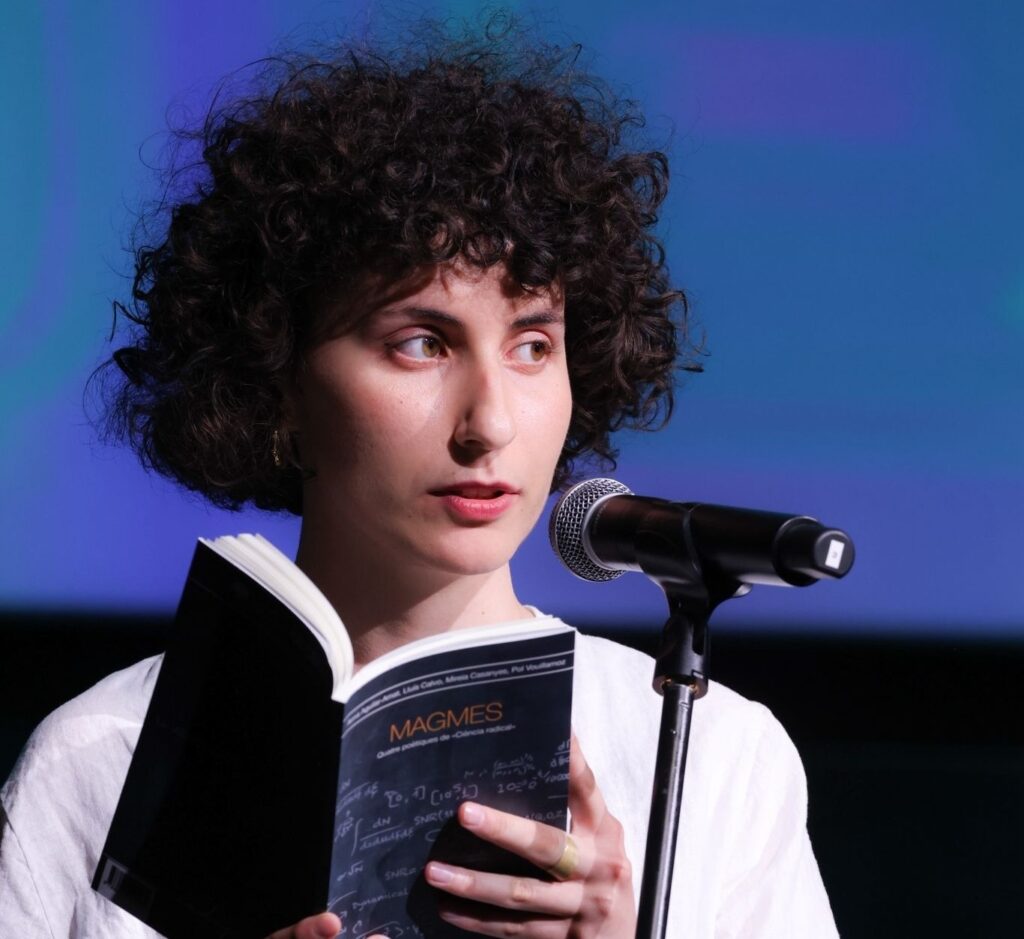
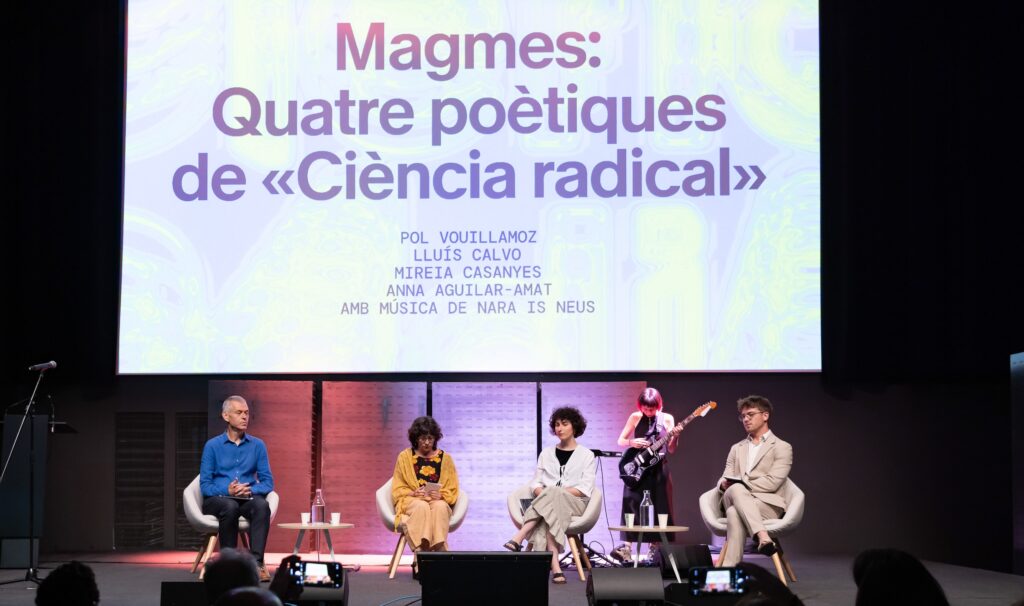
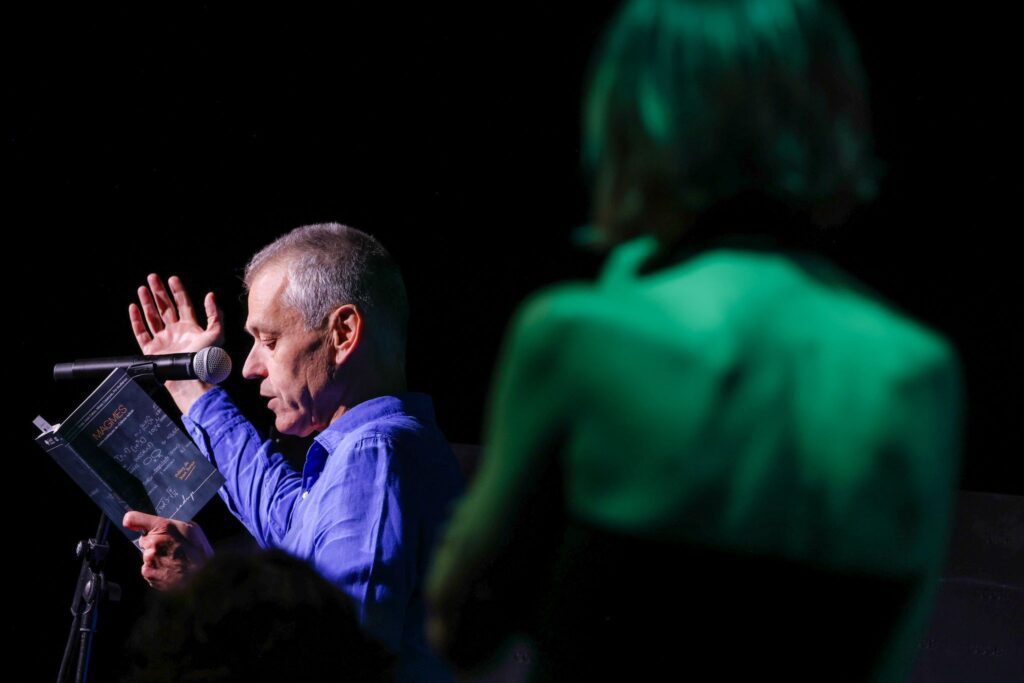
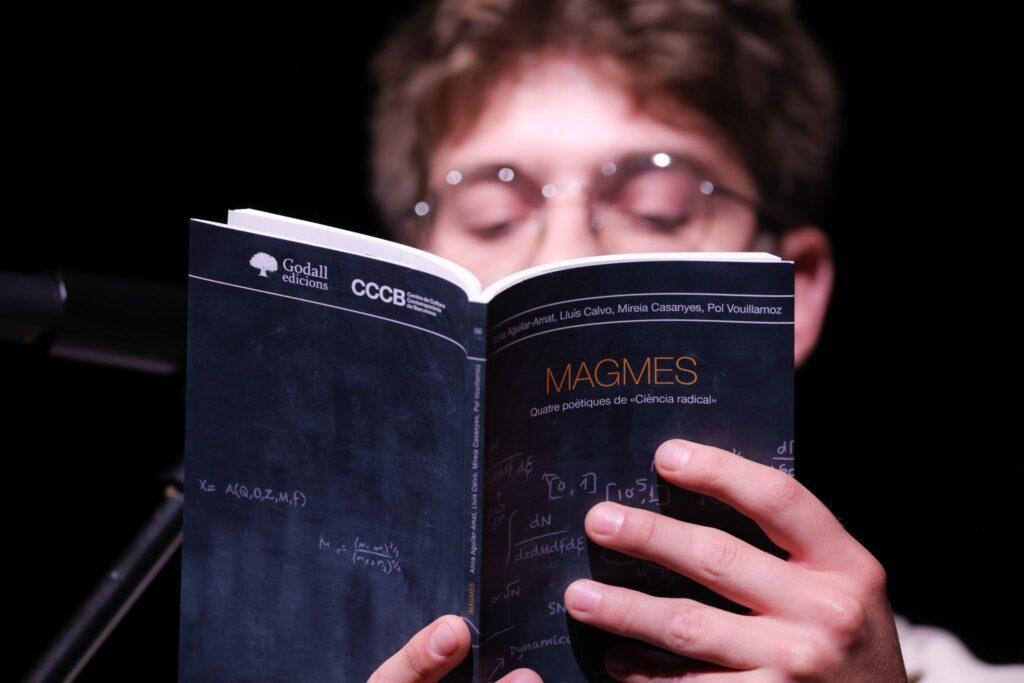
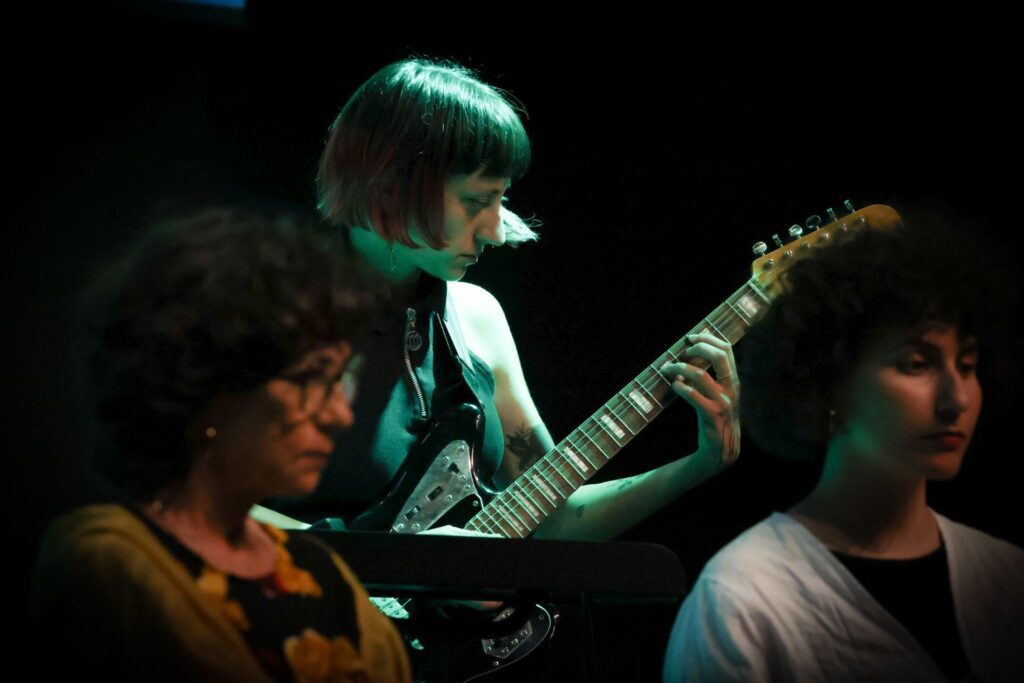
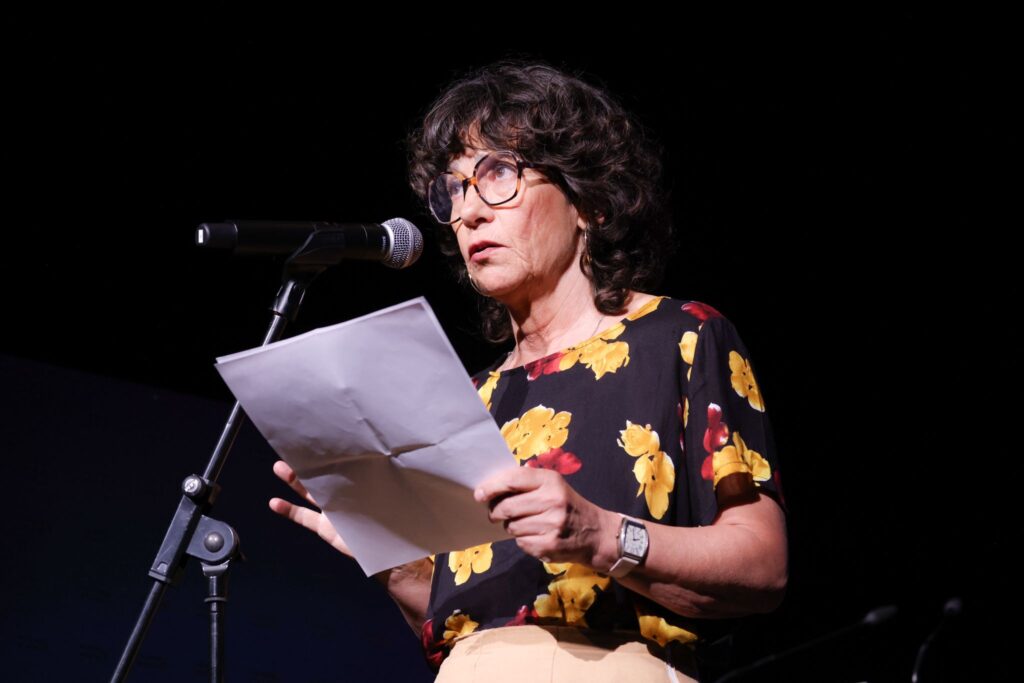
A commitment to scientific culture
For five months, Radical Science has provided a space for scientists, creators, and thinkers to consider the major challenges of the 21st century. The project has demonstrated a clear commitment to opening up science to society from innovative and inclusive perspectives. By participating, IBEC reaffirms its commitment to dissemination and to fostering an open, critical and transformative scientific culture.
This programme of debates, curated by physicist and science journalist Toni Pou, has been accompanied by Magmes, a poetry residency programme curated by scientist and poet Joan Duran; an artistic proposals programme curated by researcher and cultural producer Irma Vilà i Òdena; and talks for secondary school students.
You can access all the content from Radical Science at: https://www.cccb.org/ca/multimedia/llistes-reproduccio/ciencia-radical/rel-projecte/246732
This project is part of the PERTE framework for cutting-edge health and has been co-financed by the Ministry of Science, Innovation and Universities, with funds from the European Union's NextGenerationEU programme, the Recovery, Transformation and Resilience Plan (PRTR-C17.I1), and the Autonomous Community of Catalonia, through ICFO, ALBA Synchrotron and IBEC.





